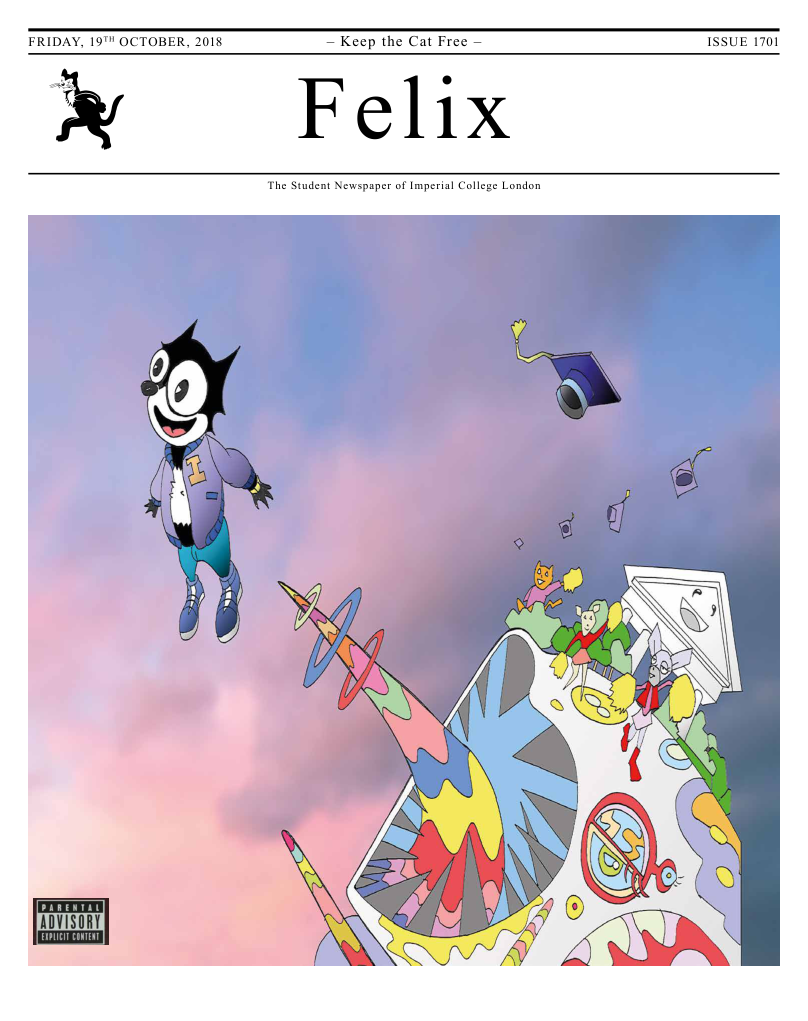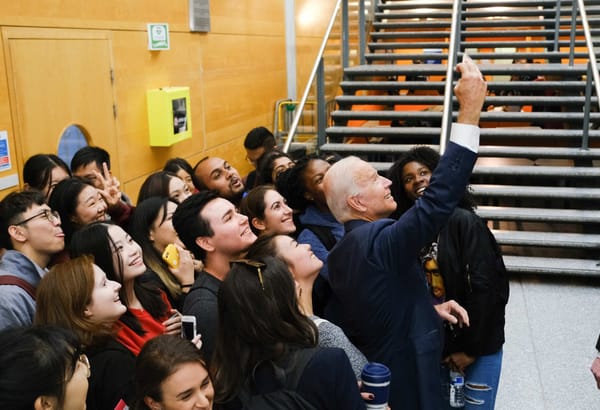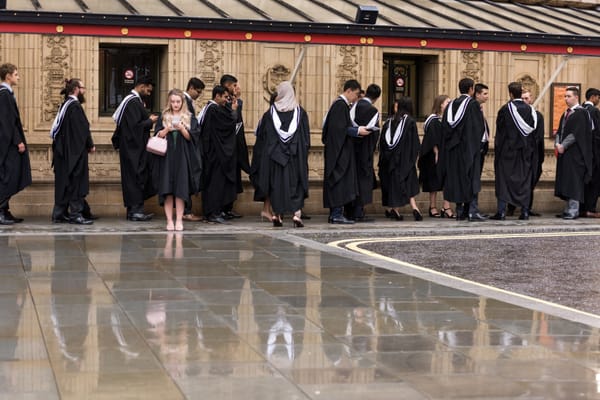Imperial College London takes part in the first Green GB Week
Imperial College London played host to a number of different events and activities for different audiences during the first Green GB week

This past week saw Imperial play an active role in the first Green GB Week.
Green GB Week is a week of events and activity bringing together businesses, schools, colleges, universities, community groups, and charities to explore how clean growth will change our futures and others can contribute to action on climate change. Spearheaded by the Rt Hon Claire Perry MP, Minister of State for Energy and Clean Growth, the government initiative is led by the Department for Business, Energy and Industrial Strategy (BEIS) and aims to highlight the successes and opportunities of clean, low-carbon business and enterprise in Great Britain and Northern Ireland.
In his speech to the Green GB Week Clean Energy Innovation Summit at County Hall, Sam Gyimah, the Science Minister, said the following: “The UK may be home to some of the brightest minds in the world, but it doesn’t have a monopoly on great ideas. Nor is climate change a solely British concern. So we’re working with friends around the world to ensure that innovative approaches can flourish in every corner of the globe. In this Green GB Week… it’s your turn to take that idea you’ve always kept at the back of your head and start bringing it into the real world.”
Imperial hosted three events as part of Green GB Week, including the launch event on Monday 15th October. This event, the European Launch of the Intergovernmental Panel on Climate Change (IPCC)’s Special Report on 1.5°C, included short speeches from the IPCC Chair and leading authors on the key findings of the report, as well as a session on its implications for business and the international community. This was followed by a discussion on how to avoid the worst effects of climate change. Divest Imperial, an Imperial College Union-affiliated environmental campaign group, has described Imperial’s involvement in Green GB week as an “eye watering display of hypocrisy” and gave Felix the following statement:
“The IPCC 1.5 report being launched today on our campus urges deep and rapid cuts to carbon emissions in order to avert devastating human and ecological impacts of climate breakdown. Oil companies’ business plans send us way past this threshold. We urge Imperial College and the UK government to heed this call to action and stop enabling fossil fuel industry expansion. Imperial’s ties to the fossil fuel industry pervade every aspect of campus life. Companies like BP and Shell are given unprecedented access to students through careers, compulsory course modules, talks and awards. Research partnerships help companies such as Saudi Aramco, Shell and Qatar Petroleum drill ever deeper. Management refuse to divest Imperial’s roughly £9m holdings in fossil fuel companies, and our President is on the board of directors of an oil major. We will no longer accept the complicity of our university in climate breakdown. We are calling for Imperial to fulfill its stated purpose - working to solve humanity’s greatest challenges. This means an end to its uncritical support for climate-wrecking companies, starting with full divestment of its £8.8m fossil fuel holdings.”
Other events hosted by Imperial included a Breakfast Seminar on Business and the Environment, jointly hosted by the Grantham Institute, Imperial College London's hub for climate change and the environment, and John Lewis & Partners on Wednesday 17th October. The Grantham Institute also hosted an exhibit at the Westminster offices of BEIS.
Thursday 18th October saw Imperial, the Grantham Institute and Climate-KIC, the EU’s main climate innovation initiative, jointly host the “Greenovate” showcase, showing how innovation and new ideas could help address the major environmental issues we face on both global and local scales. Finally, the Grantham Institute hosted an open discussion on London’s air crisis and how we can bring about change.









